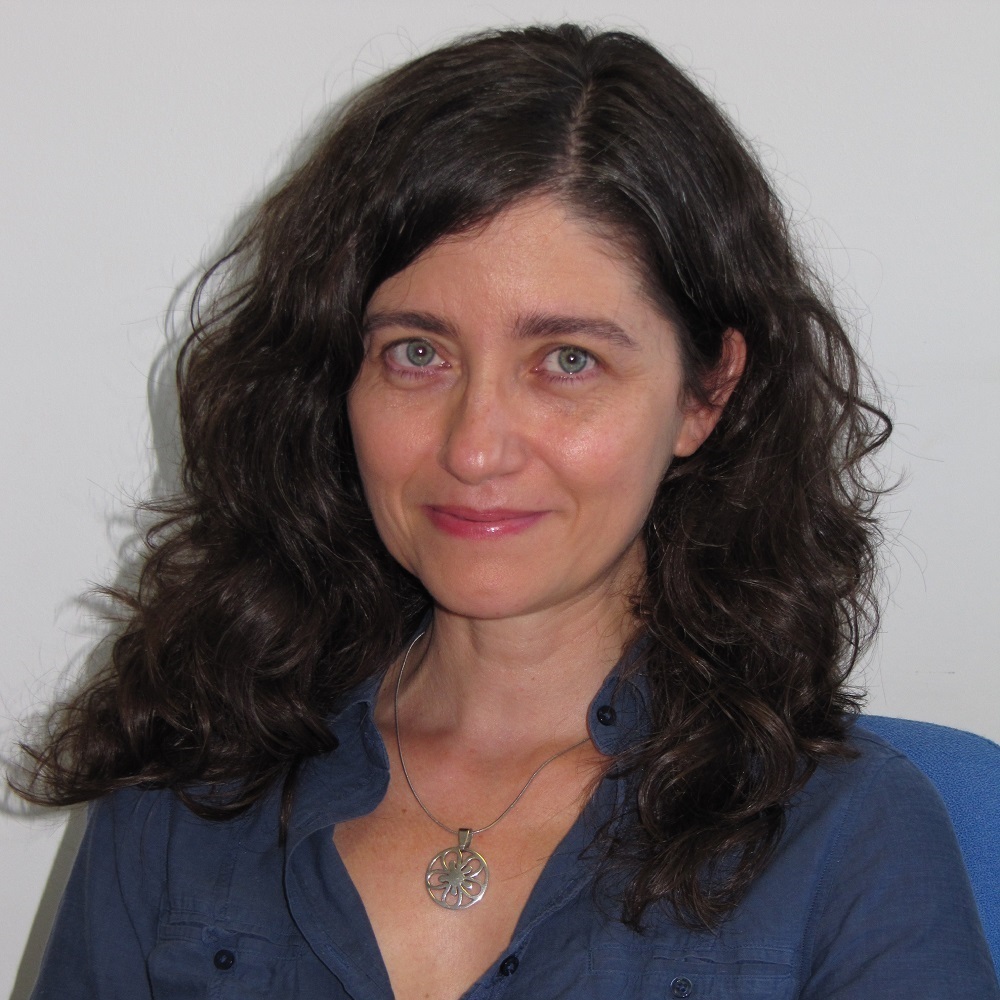Marta
Martín
Casado
Category
Científico Titular
Department:
ISQCH - Departamento 2: Catálisis y Procesos Catalíticos
Phone / Ext.:
+34 976 76 20 26
Email:
martam@unizar.es
Group responsible:
ISQCH - Catalizadores y Mecanismos
Participant group:
ISQCH - Catalizadores y Mecanismos

Marta Martín se licenció (1989) y doctoró (1993) en Ciencias Químicas por la Universidad de Zaragoza bajo la supervisión de los profesores Mª Pilar García y Miguel A. Esteruelas. A continuación realizó una estancia postdoctoral de dos años en el Institut für Anorganishe Chemie en Würzburg (Alemania) con el profesor Helmut Werner. De regreso a la Universidad de Zaragoza como profesora asociada, y después de varios contratos eventuales llegó a ser investigadora Ramón y Cajal en el ICMA (Instituto de Ciencia de Materiales de Aragón) en 2003, y científica titular del CSIC en 2006. Actualmente trabaja en el ISQCH (Instituto de Síntesis Química y Catálisis Homogénea) en el grupo “Catalizadores y Mecanismos”. El grupo es experto en la síntesis de complejos de metales de transición y en mecanismos de ruptura y formación de enlaces mediados por ellos. El objetivo final de su investigación es el diseño de nuevos ligandos funcionales y catalizadores más eficientes.
Marta Martín studied Chemistry at the University of Zaragoza and obtained her Bachelor in Science Degree in 1989, and her Ph. D. in chemistry in 1993 under the supervision of Professors Mª Pilar García and Miguel A. Esteruelas. This was followed by a two-years post-doctoral stay in Würzburg (Germany) with Prof. H. Werner. Back to the University of Zaragoza as associate lecturer, and after consecutive eventual positions, she became Ramón y Cajal Researcher at the ICMA (Institute of Materials Science of Aragón) in 2003, and CSIC Tenured Scientist in 2006. Nowadays she works at the ISQCH (Institute of Chemical Synthesis and Homogeneous Catalysis), in the group “Catalysts & Mechanisms”. The expertise of the group is centered on the synthesis of new transition metal complexes and the mechanistic investigation of bond cleavages and formations mediated by them. The ultimate goal of this research is the design of new functional ligands and more efficient catalysts.
Research ID